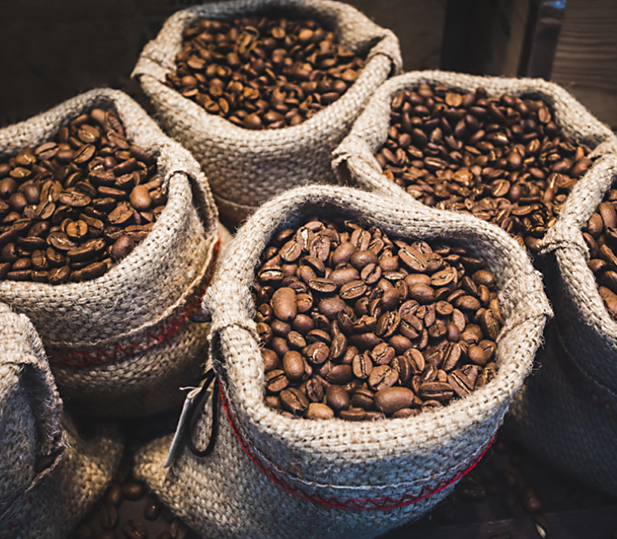Growth forecasts for coffee beans by international authoritative organizations.
•According to predictions from international certification agencies,It is predicted that the global certified green coffee beans market size is expected to grow from US$33.33 billion in 2023 to US$44.6 billion in 2028, with a compound annual growth rate of 6% during the forecast period (2023-2028).
•Growing consumer demand for coffee origin and quality has led to increased global demand for certified coffee.
• Certified coffee provides consumers with assurance of product reliability, and these certification bodies provide a variety of third-party guarantees on the environmentally friendly agricultural practices and quality involved in coffee production.
•Currently, internationally recognized coffee certification agencies include Fair Trade Certification, Rainforest Alliance Certification, UTZ Certification, USDA Organic Certification, etc. They examine the coffee production process and supply chain, and certification helps improve the living standards of coffee farmers and helps them gain adequate market access by increasing trade in certified coffee.
•In addition, some coffee companies also have their own certification requirements and indicators, such as Nestlé’s 4C certification.
•Among all these certifications, UTZ or Rainforest Alliance is the more important certification that allows farmers to grow coffee professionally while caring for local communities and the environment.
•The most important aspect of the UTZ certification program is traceability, which means consumers know exactly where and how their coffee was produced.
•This makes consumers more inclined to purchase certified coffee, thus driving market growth during the forecast period.
•Certified coffee seems to have become a common choice among leading brands in the coffee industry.
•According to coffee network data, global demand for certified coffee accounted for 30% of certified coffee production in 2013, increased to 35% in 2015, and reached nearly 50% in 2019. This proportion is expected to further increase in the future.
•Many internationally renowned coffee brands, such as JDE Peets, Starbucks, Nestlé, and Costa, clearly require that all or part of the coffee beans they purchase must be certified.
Post time: Sep-13-2023








